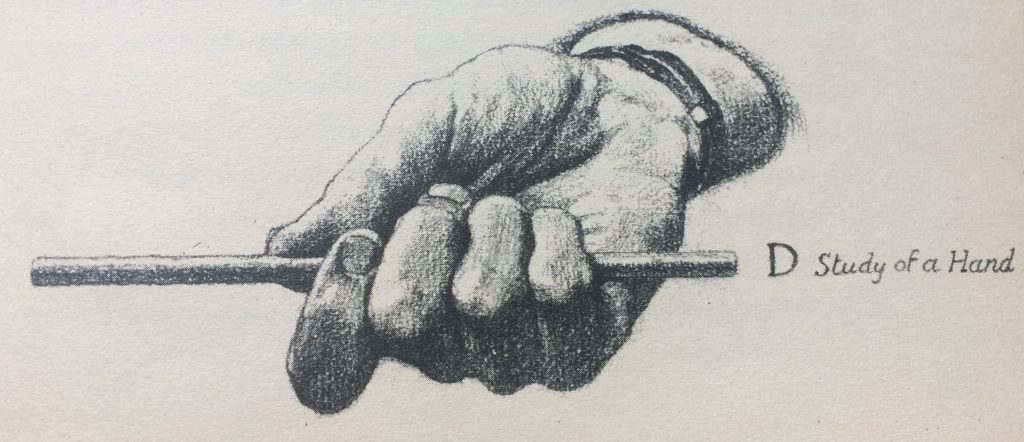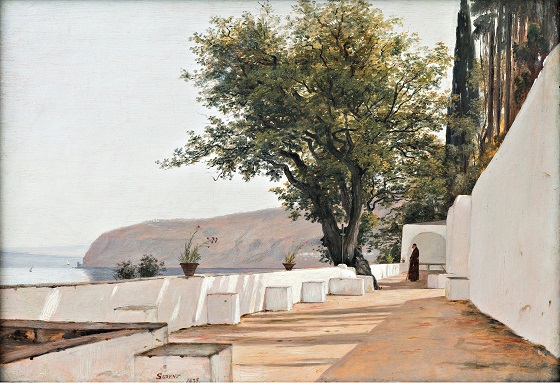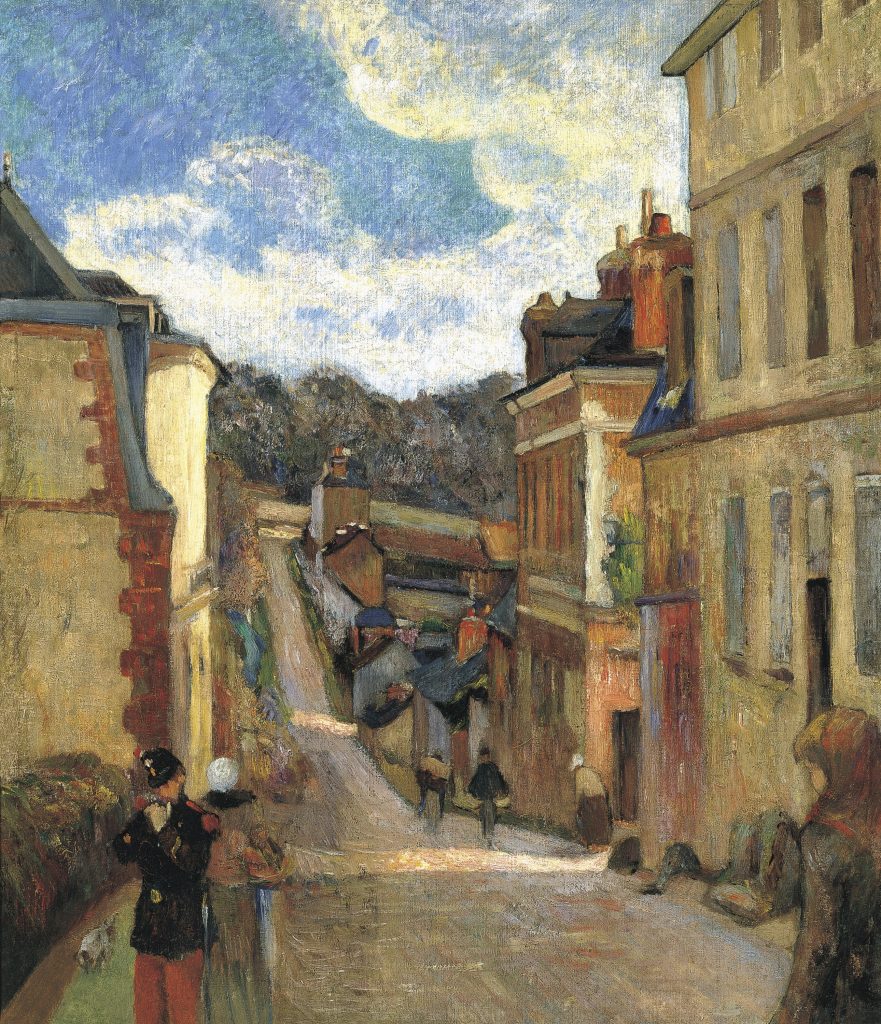I have heard it said that the two standard tutorial questions at Oxford are “What does he mean?” and “How does he know?” I doubt the report—no university could be that good…
wayne C. Booth, A rhetoric of irony, p. x.
Reading is an indispensable part of learning. And while it sounds like a simple skill, there is a whole art of academic reading that you will master mainly through trial and error and deliberate practice. You have to find the right things to read, the time to read them, and the energy to understand them. That’s what I will be talking about tomorrow, and I thought I’d write a quick post on the subject to prepare.
Let’s begin with what you are reading. Obviously, as a student, you’re going to have to read what your teachers tell you to read, i.e., what is on the syllabus. But already here it can be helpful to think a little about what you are being asked to do. Course materials can include textbook chapters, journal articles, selections from books, classic essays, business cases, magazine and newspaper articles, and even the instructor’s own lecture notes and blogposts. Sometimes these are all gathered together for you in a compendium, and often they will be presented to you in electronic form in your “learning management system” (at CBS we use Canvas). And sometimes you will be asked to buy books (and cases) yourself. What all this means is that the form that your reading materials come to you in is not always the form in which they were originally published. It can be a very good idea to learn to distinguish between, e.g., textbooks, articles, and monographs. They were written for different purposes and should be read differently too.
When reading a textbook it’s important not to take it too seriously. It’s trying to cover a lot of ground as efficiently as possible, to define some terms, and to give you a sense of what the facts are in the area. It will never be the definitive statement on a subject that it often sounds like it is trying to be. Notice that it will often cite a bunch of sources, many of which will be classics in the literature. A textbook is merely your entry into that literature. The real learning will happen when you engage with the sources, often to find out that either the textbook or your reading of the textbook was wrong. There’s no shame in that for either of you. You are forming your ideas gradually as you read, not just this book but everything else, and the textbook’s author(s) can’t be expected to keep up with (or even track of) what you are learning. Use your textbook as a map of the area, not as a monument. It’s what gets you where you want to go. It’s nothing to see in itself.
Sometimes you will be given a journal article to read in one of your courses; sometimes it will merely appear as a source in a textbook or monograph. Either way, you should learn how to find it in the journal that originally published it, see it in the context of the other articles that were published that month, or quarter, or year. More importantly, remember that a journal article always strives to contribute to a conversation, so you might want to use the library’s citation databases to track down the articles that have cited the one you’re reading now after it was published. And take a note of the books and articles that it itself cites. When reading, remember that there are probably a couple of dozen people who have a serious interest in what it says. You are eavesdropping on the conversation they are having and trying to learn from it. As a student, the article wasn’t written for you, but you are expected to learn how to read one of these things and, eventually, how to write something like it. So notice how it is structured, and try to figure out how it works.
Sometimes you’ll be asked to read a whole book, but you’ll probably mostly be reading chapters of books. Every now and then, go to the library and find the whole book. Have a look at the chapter you’re reading in the context of the original book. Books, too, can be located in our citation databases, but they’ll normally not be part of a small, well-defined conversation. And they will have bibliographies of their own, though these will usually cover a much wider field. Still, it can be useful to take a note of what a book has been used for and what work it makes use of. This is all part of how it works, and, in a certain sense, learning to read is just learning how texts “work”, i.e., what you can use them for. At the end of the day, you’re using them to learn things, to acquire knowledge, and books are especially good at giving you this sense of what is there to be known, even if they’re not always the most up-to-date sources of knowledge available. They are the monuments you can see from a distance.
There are lots of other kinds of reading matter. I usually recommend that people read some high quality magazines — like the Economist, Harper’s, or the New Yorker. Not only are they good sources of information, they usually provide you with examples of good prose that you can use as benchmarks for your own style. You should probably also try keep abreast of what goes on in the daily newspapers. In a similar vein, there is no shortage of “pulp” non-fiction out there: knowledge-based books aimed at a popular audience. Here, again, the prose is usually serviceable and the ideas are often interesting. Finally, do not think that reading poetry and fiction is a waste of time. I have found that poetry often helps me to see things in prose I wouldn’t otherwise have noticed, and that reading a novel can be a good way to train my sense of narrative when telling my own (entirely true) stories. Whatever you do, make sure that you are reading something for pleasure on a regular basis. You don’t want “the literature” to feel like work all the time. It will be good for your style to experience a little of what Nabokov called “aesthetic bliss” when you’re reading.
When it comes down to it, the art of academic reading is the art of reading paragraphs. For every paragraph in a well-crafted academic text, Booth’s ideal Oxford tutorial questions should apply. You should be able to ask, “What is the author trying to say in this paragraph?” and “How does the author know it is true?” Answering these questions for yourself is what reading a text carefully is all about. It’s fine to struggle to answer them. For a time, your answer may be “I don’t know”, and this will mean only “I don’t understand this paragraph”. But there will be times when you don’t think it’s your fault and there’ll be times when you’re right about this. It is simply not clear what the author is trying to say. And the author may simply not know what they’re talking about! This is hopefully not what you’ll decide is the case most of the time, but it’s perfectly normal to arrive at this conclusion. And it’s quite okay to change your mind a few times. The authors of the books you read aren’t going to take offence.




